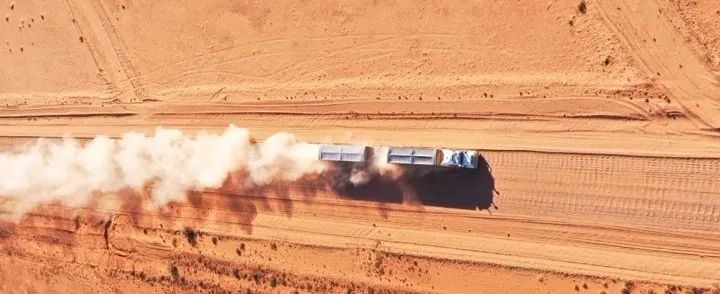Logistics in a 2oC World

Foreword to the white paper "Logistics in a +2oC World" of the Kuehne Climate Center.
Supply chains are disrupted everywhere, all the time. Wildfires, cyberattacks, floods, power black outs, storms, strikes, tariffs – we can add a new event to the list every week. Add to the mix the growing geopolitical instability, and we have a perfect storm.
Since COVID, companies have shifted their attention to better protect themselves from future supply chain disruptions, and the topic has not gone away since.
Manufacturers and retailers – also called shippers or freight buyers – often resorted to reconfiguring their global supply chains, for example, through keeping inventory buffers, nearshoring, and diversifying sources and manufacturing bases.
Logistics service providers (LSPs), further refined their role as troubleshooters. They try to better anticipate disruptions anywhere in their logistics network, and respond swiftly by retiming deliveries, rerouting, or using backup suppliers.
Technological innovations have also come to the rescue: digital twins of global supply chains combined with analytical tools and AI helps both shippers and LSPs to improve resilience, efficiency and decision-making.
However, something important is being overlooked: these strategies only work around the problem. Solving the problem entails investing in making logistics infrastructure, operations and the workforce more resilient from the outset.
Three reasons to do things differently. 1) Current strategies are insufficient to face the extreme climate change now and in the decades ahead. 2) They ignore our dependence on various materials and products from few locations – think about coffee, cocoa or copper. And 3) we’re aggravating the loss of livelihoods of local communities, financial burden of companies, and the cost of living for consumers.
This white paper builds the business case to take supply chain resilience to that next level, and calls on shippers and LSPs to act now, as it is also in their economic interest.
Here is also where Life-Links comes in. As a global NGO co-founded with the Kuehne Climate Center, we aim to build truly resilient supply chains, with a focus on the logistics links that connect producers with consumers. By uniting shippers, LSPs and other stakeholders to co-invest in concrete solutions that keep our supply chains ‘alive’, we improve resilience and can reduce emissions too.
Together we can build resilient supply chains for good.
Read the full White Paper Logistics in a +2oC World.
